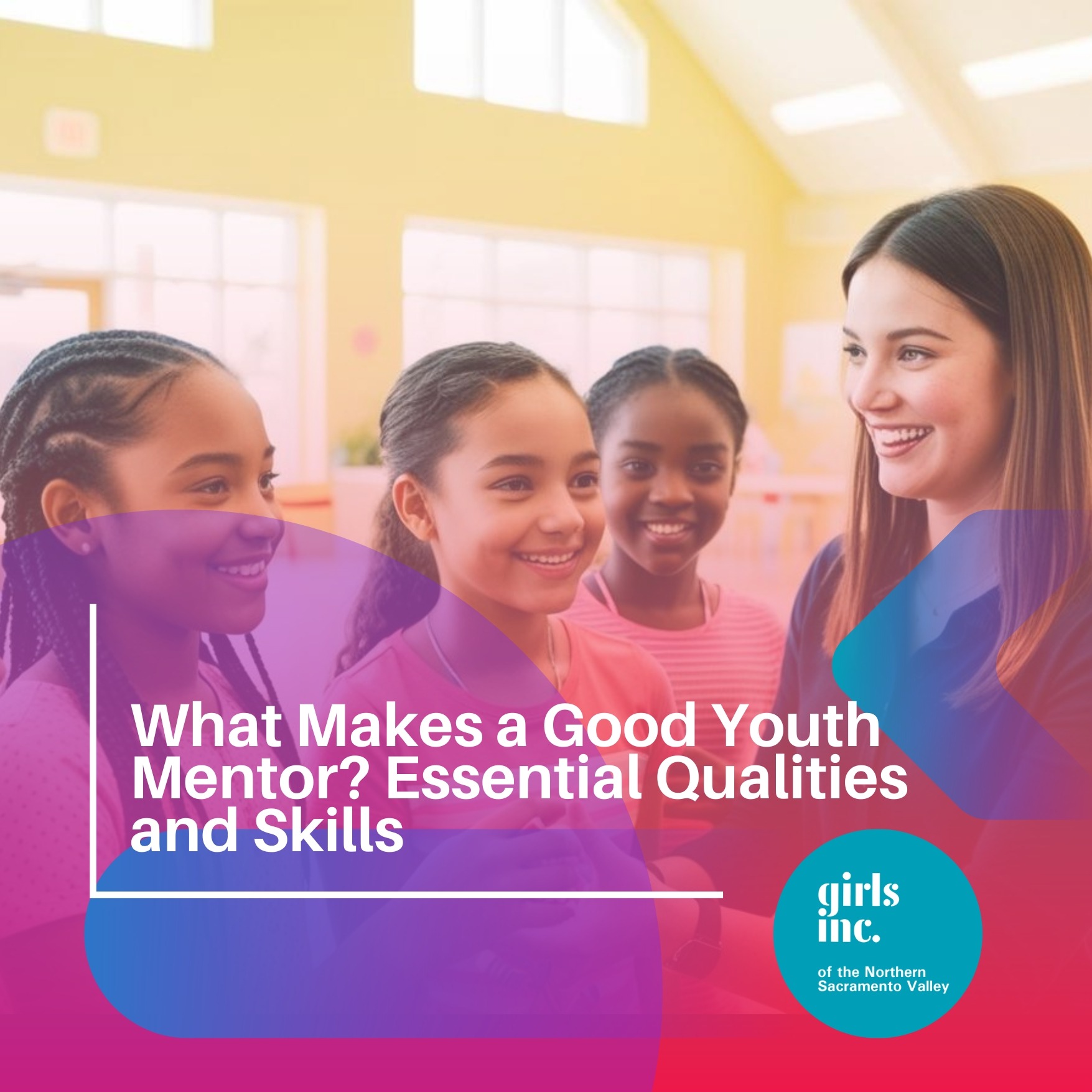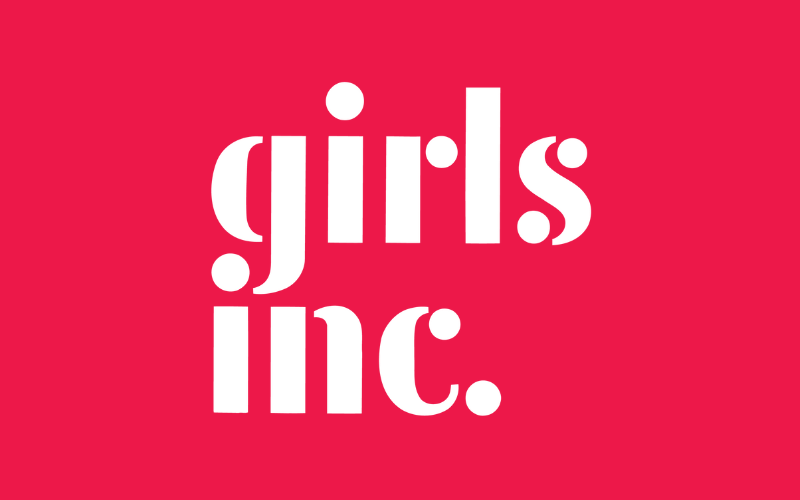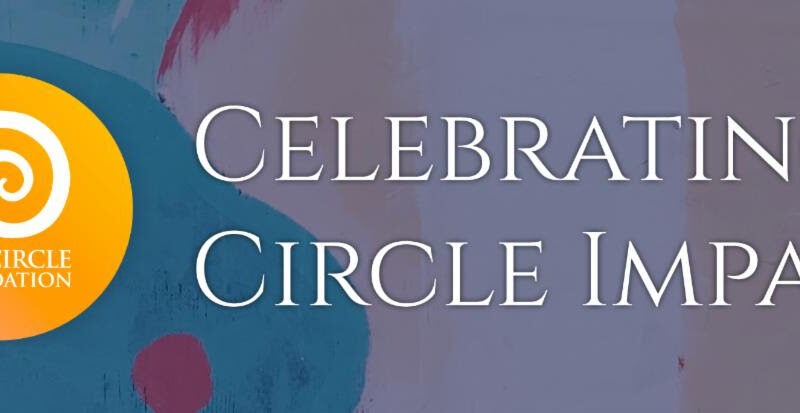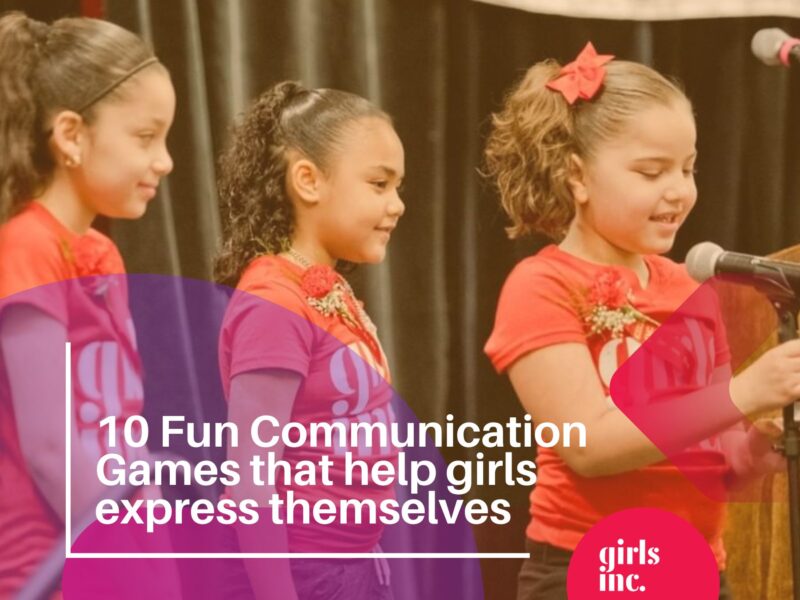What Makes a Good Youth Mentor? Essential Qualities and Skills Needed
What is Youth Mentoring?
Youth mentoring is a structured, purposeful relationship between an experienced adult and a young person focused on supporting the young person’s personal, academic, and social development. This relationship provides guidance, support, and opportunities for growth while helping youth navigate challenges and achieve their potential.
Importance of having the right qualities as a mentor
The right mentor qualities are not just beneficial – they are essential for successful youth mentoring. These qualities create the foundation for positive relationships, enable effective guidance, and ensure program success while protecting youth well-being.
So, what does it take to be a good mentor?
The core character traits of a good mentor include:
- Patience and understanding
- Reliability and consistency
- Empathy and compassion
- Honesty and integrity
- Open-mindedness
- Emotional stability
- Cultural sensitivity
- Active listening
- Ability to give constructive feedback
Good mentors will make a positive difference
Why Mentor Qualities Matter
- Mentors directly influence young people’s self-esteem and confidence
- Quality mentoring relationships can shape lifelong attitudes and behaviors
- Research shows mentor qualities strongly correlate with mentee success rates
- Right qualities create safe spaces for vulnerable youth
- Emotional intelligence helps navigate sensitive situations
- Proper boundaries protect both mentors and mentees
- Consistent behavior builds psychological safety
- Effective qualities inspire motivation and achievement
- Good mentors’ model successful behaviors
- Quality guidance helps set and reach realistic goals
- Positive reinforcement encourages continued growth
- Proper guidance helps develop social awareness and influences social behavior
The Impact of Effective Mentorship on Young People’s Lives
Academic Achievement
- 55% more likely to enroll in college
- Students with mentors see improved attendance rates by up to 50%
- Grade point averages typically increase by 0.5 points
- Decreased likelihood of skipping school by 37%
- Enhanced study habits and time management skills
- Increased participation in extracurricular activities
Social and Emotional Development Improved Relationships
- Better communication with family members
- Enhanced peer relationships
- Stronger conflict resolution skills
- Increased empathy and understanding
- More positive social interactions
Mental Health Benefits
- Reduced symptoms of depression
- Lower anxiety levels
- Improved self-esteem and confidence
- Enhanced emotional regulation
- Better stress management skills
- Increased resilience to adversity
Behavioral Outcomes & Risk Behavior Reduction
- 46% less likely to start using illegal drugs
- 27% less likely to start drinking alcohol
- Decreased likelihood of engaging in violence
- Reduced participation in risky behaviors
- Better decision-making skills
Career and Life Skills Professional Development
- Expanded career awareness
- Better job readiness skills
- Increased networking opportunities
- Enhanced interview skills
- Improved resume building abilities
Life Skills Enhancement
- Better financial literacy
- Enhanced goal-setting abilities
- Improved time management
- Stronger organizational skills
- Better resource utilization
Long-Term Impact & Educational Outcomes
- Higher graduation rates
- Increased college enrollment
- Better academic performance
 More scholarship opportunities
More scholarship opportunities- Enhanced educational aspirations
Career Success
- Higher employment rates
- Better job satisfaction
- Increased earning potential
- More career advancement opportunities
- Stronger professional networks
Generational Impact & Breaking Cycles
- Poverty cycle interruption
- Educational achievement gaps reduction
- Decreased intergenerational trauma
- Enhanced social mobility
- Improved family relationships
Community Benefits
- Increased civic participation
- Stronger community connections
- Enhanced social capital
- Reduced youth crime rates
- Improved community engagement
Economic Impact & Individual Benefits
- Higher lifetime earnings
- Reduced dependency on social services
- Better financial management skills
- Increased entrepreneurship opportunities
- Enhanced economic stability
Societal Benefits
- Reduced social service costs
- Lower criminal justice expenses
- Increased tax revenue
- Enhanced workforce development
- Stronger economic growth
How to become a mentor
Reach out to some professional organizations in your area that offer mentoring to find out how to get involved. Some may require training programs and/or recommended reading. In addition, you can reach out to some individuals in your support network to find out if they know of any opportunities in the community.
Lastly, if you feel you are willing and able to be a mentor, please reach out to your local Girls Inc. organization.
Girls Inc. is the longest-running girls’ leadership organization. Our focus is on mentoring girls and young women so they can adapt to specific environmental challenges. Through our mentorship, we create a safe place for girls to learn and to share in a sisterhood and build a strong premise that each girl can develop her own capacities, self- confidence, and grow up healthy, educated, and independent. With our mentoring experience we would like to share with our community what makes a good youth mentor and what are the essential qualities and skills.




